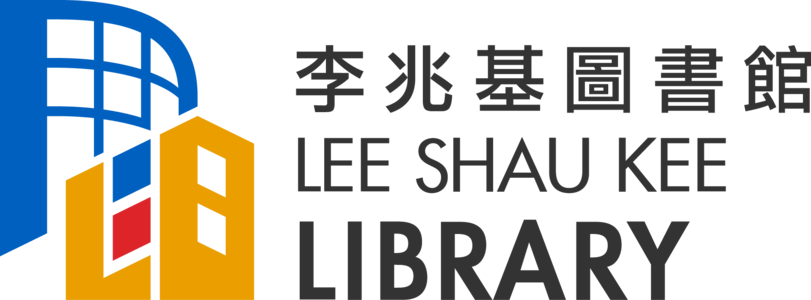Text and Data Mining: Full-text Databases
Library Research Support Services recently did a small-scale study to learn about the text and data mining (TDM) policies of some of our databases. We found that most of them allow TDM under certain conditions.


